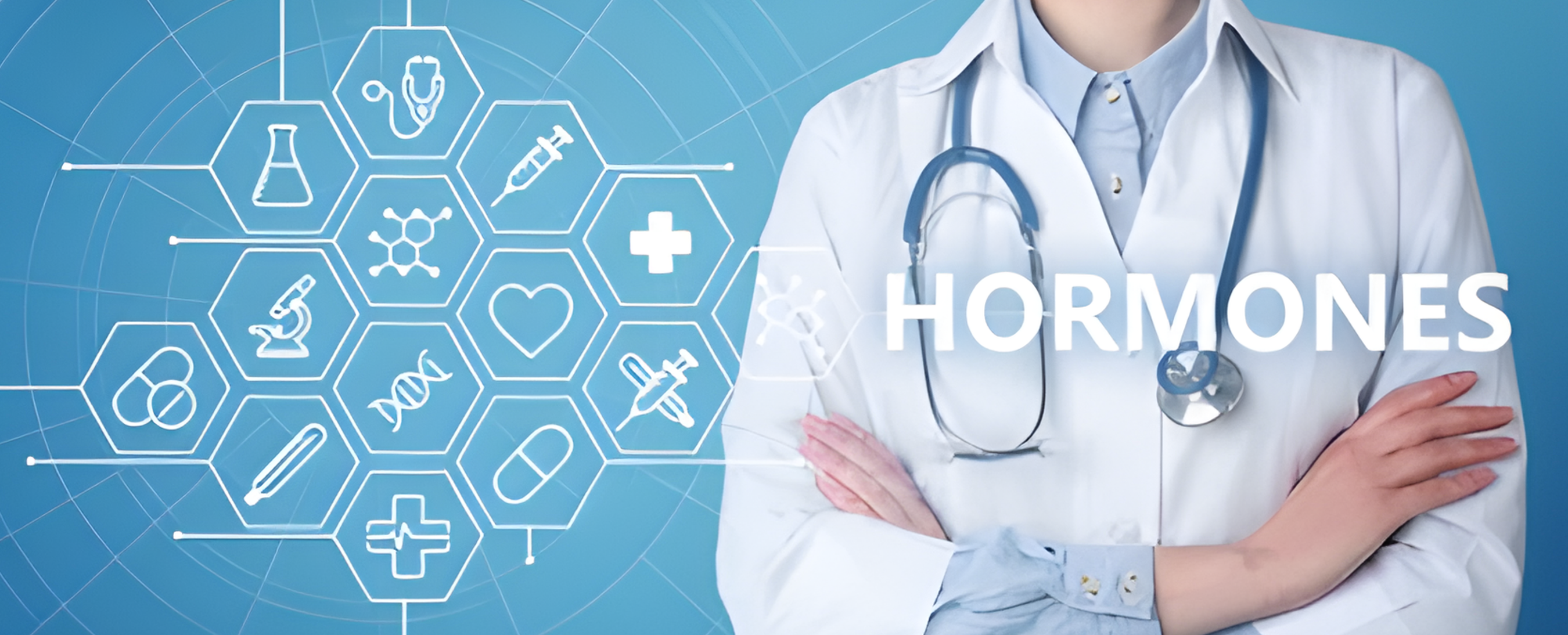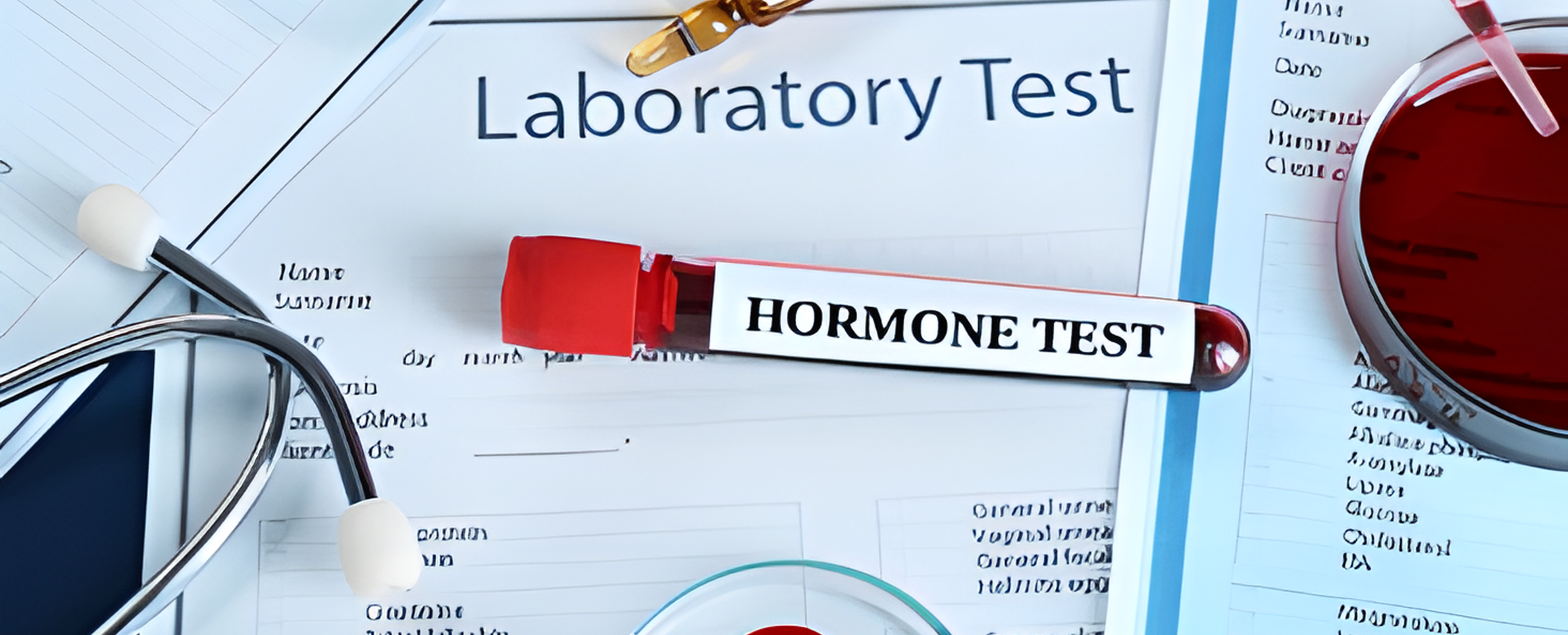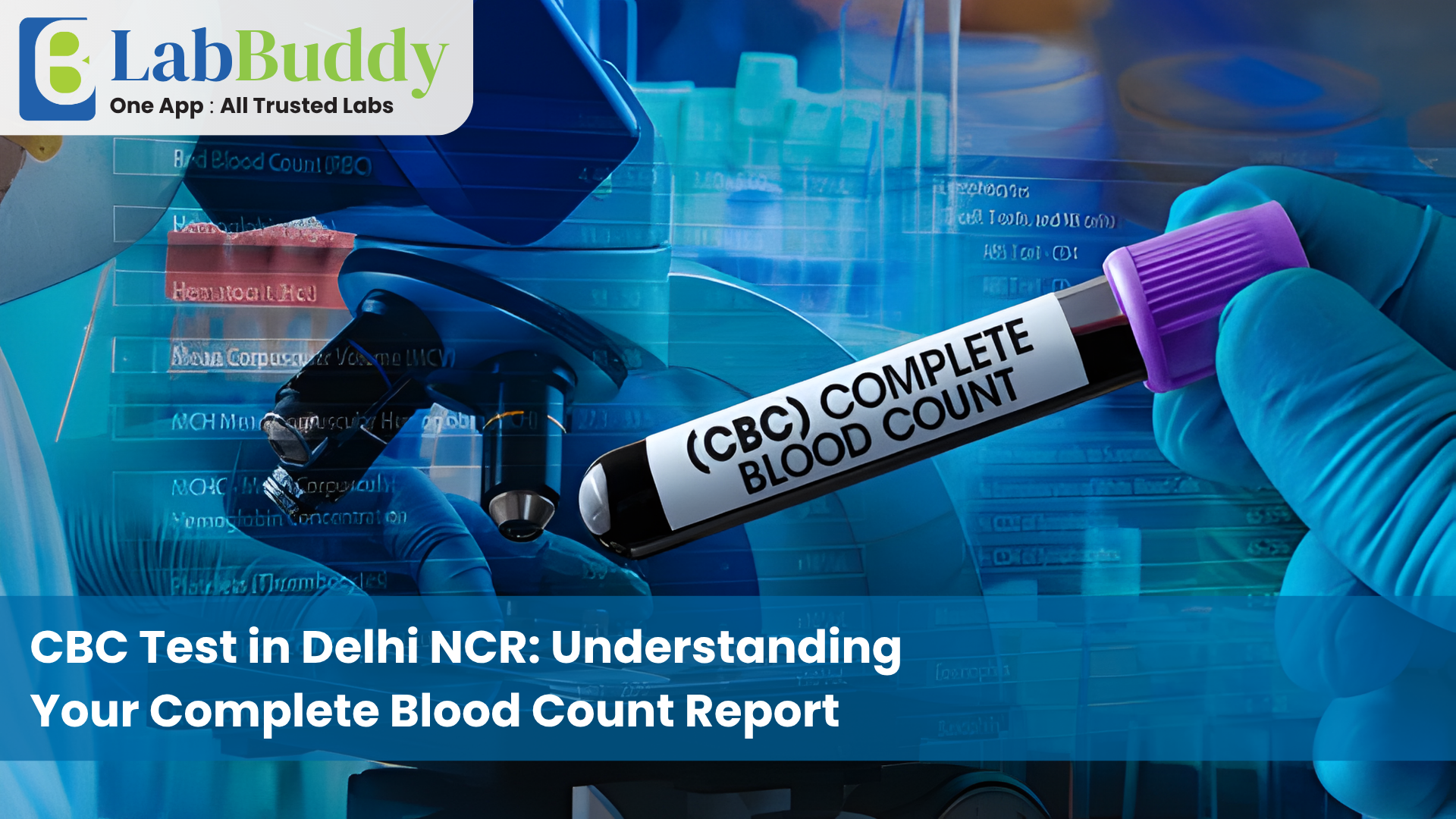Comprehensive Hormone Panel Testing in Delhi NCR: Balancing Urban Health Challenges
Published by LabBuddy Team | 10 minutes read

Hormonal Health in Delhi NCR: The Urban Endocrine Challenge
In the high-stress, fast-paced environment of Delhi NCR, hormonal imbalances have become a critical health concern affecting millions. From workplace stress to environmental challenges, multiple factors contribute to complex endocrine system disruptions.
Delhi NCR Hormonal Health Landscape:
- 60% of urban professionals experience hormonal imbalances
- Increasing stress-related endocrine disorders
- Complex environmental impact on hormone regulation
- Rising cases of metabolic and reproductive health issues
- Limited awareness about comprehensive hormonal health

Understanding Comprehensive Hormone Panel Testing
Hormone panel testing provides a detailed assessment of various hormones that regulate critical bodily functions, offering insights into overall health and potential underlying conditions.
Key Hormone Tests
1. Thyroid Hormone Panel Comprehensive thyroid function assessment.
Components:
- TSH (Thyroid Stimulating Hormone)
- Free T3
- Free T4
- Anti-TPO Antibodies
Urban Significance:
- Metabolism regulation
- Energy production
- Weight management
- Stress response evaluation
2. Cortisol Test Stress hormone measurement.
Normal Range:
- Morning: 6-23 μg/dL
- Evening: 3-16 μg/dL
Diagnostic Value:
- Stress level assessment
- Adrenal function evaluation
- Chronic stress impact measurement
3. Testosterone Panel Comprehensive male hormone assessment.
Normal Range:
- Total Testosterone: 300-1,000 ng/dL
- Free Testosterone: 5-21 pg/mL
Health Implications:
- Muscle mass and strength
- Libido and sexual health
- Mood and energy levels
- Metabolic function
4. Estrogen and Progesterone Panel Female reproductive hormone assessment.
Components:
- Estradiol
- Progesterone
- Follicle Stimulating Hormone (FSH)
- Luteinizing Hormone (LH)
Diagnostic Significance:
- Reproductive health
- Menstrual cycle regulation
- Fertility assessment
- Menopausal transition monitoring
5. Prolactin Test Hormone related to reproductive function.
Normal Range:
- Men: 2-18 ng/mL
- Women: 2-29 ng/mL
Clinical Importance:
- Reproductive health
- Breast health
- Potential pituitary gland disorders

Urban Hormonal Health Challenges
Environmental Factors
- Air pollution hormonal disruption
- Chemical exposure
- Chronic stress impacts
- Limited sunlight exposure
- Electromagnetic radiation
- Processed food consumption
Lifestyle Contributors
- High-stress work environments
- Irregular sleep patterns
- Sedentary lifestyle
- Poor nutrition
- Excessive caffeine and alcohol
- Limited physical activity

Who Should Consider Hormone Testing
High-Risk Groups
- Individuals experiencing unexplained symptoms
- People with chronic fatigue
- Those with metabolic disorders
- Individuals with reproductive health concerns
- Patients with autoimmune conditions
- People experiencing mood disorders
Specific Urban Professional Categories
- IT professionals
- Corporate executives
- Shift workers
- High-stress job roles
- Call center employees

Preparing for Hormone Panel Testing
Pre-Test Considerations
- Follow specific test preparation guidelines
- Timing matters for certain hormone tests
- Inform doctor about current medications
- Manage stress levels
- Maintain regular sleep schedule
- Avoid excessive caffeine before testing
Factors Affecting Results
- Medication interactions
- Stress levels
- Sleep quality
- Dietary habits
- Physical activity
- Current health conditions

Understanding Test Results
Result Interpretation
- Optimal Levels: Balanced hormonal function
- Borderline Levels: Potential hormonal imbalance
- Abnormal Levels: Requires comprehensive evaluation
Comprehensive Assessment
- Individual hormone levels
- Interrelationship between hormones
- Potential underlying health conditions
- Personalized treatment recommendations

Hormonal Balance Intervention Strategies
Lifestyle Modifications
- Stress management techniques
- Regular physical activity
- Balanced nutrition
- Adequate sleep
- Mindfulness practices
- Limit endocrine disruptors
Dietary Recommendations
- Hormone-balancing foods
- Reduced processed food intake
- Increased whole food consumption
- Adequate protein intake
- Healthy fat incorporation
- Micronutrient-rich diet

Technology in Hormonal Health Monitoring
Advanced Monitoring Tools
- Continuous hormone tracking devices
- AI-powered health insights
- Personalized hormone optimization apps
- Genetic hormonal profiling
- Integrated health platforms

Cost and Accessibility
Testing Costs in Delhi NCR
- Basic Hormone Panel: ₹3,000-₹6,000
- Comprehensive Hormonal Assessment: ₹6,000-₹12,000
- Advanced Hormonal Optimization Profile: ₹12,000-₹20,000
Insurance and Corporate Coverage
- Corporate wellness programs
- Preventive health packages
- Select health insurance plans
- Specialized health initiatives

LabBuddy's Hormone Testing Approach
Comprehensive Services
- 250+ labs across Delhi NCR
- Home collection options
- Quick booking
- Transparent pricing
- Digital report delivery
- Expert consultation support
- Personalized hormone health recommendations

Emerging Research and Future Trends
Precision Endocrinology
- Personalized hormone optimization
- Advanced genetic hormone mapping
- Targeted hormonal interventions
- Individual metabolic profiling
Digital Health Integration
- AI hormone prediction
- Comprehensive health tracking
- Personalized lifestyle recommendations
- Seamless healthcare experience
Psychological Aspects of Hormone Health
Holistic Approach
- Mind-body hormone connection
- Stress management techniques
- Emotional well-being strategies
- Professional counseling support
Empowerment Through Understanding
- Comprehensive hormone education
- Realistic health expectations
- Proactive health management
- Continuous learning
Conclusion
Hormone panel testing is a critical tool for understanding and managing health in Delhi NCR's complex urban environment. By gaining insights into your unique hormonal profile, you can take targeted steps to optimize well-being, enhance energy levels, and mitigate potential long-term health risks.
Regular testing, comprehensive understanding, and personalized hormonal management are key to navigating the intricate hormonal challenges of our rapidly evolving urban ecosystem.
Remember, hormonal health is deeply personal and interconnected. Always consult healthcare professionals for personalized medical advice and comprehensive interpretation of your specific test results.
Your hormonal balance is a gateway to overall health – invest in understanding, prevention, and proactive management.



